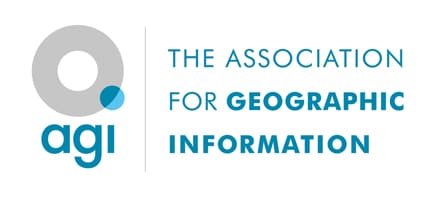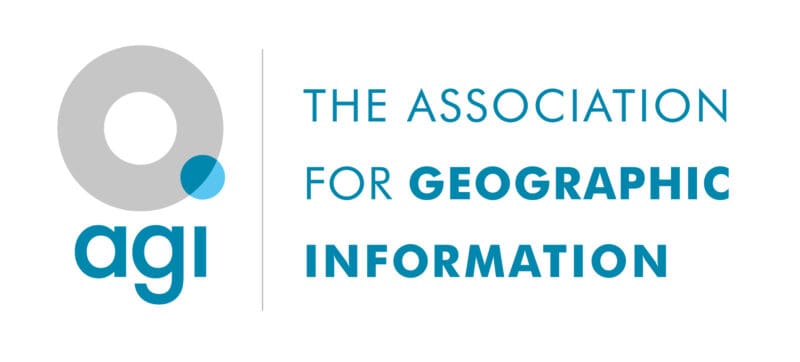London, 7 December 2023 – The Association for Geographic Information (AGI), the membership group for organisations and individuals working in the geospatial sector, has encouraged the UK geospatial community to act now to prevent future skills shortages. Following a meeting of stakeholders from government, industry, academia and professional competency bodies, the AGI urged the sector to engage with educators in order to encourage the next generation to embrace geography, and advised that further action to professionalise its skills and qualifications was needed.
With the UK ranked as second in the global geospatial readiness index and with dedicated geospatial companies in the UK generating over £6 billion in annual turnover, providing employment for over 30,000 people, and securing over £1 billion in equity investment since 2016, the AGI convened a roundtable meeting to discuss the future of skills within the sector. Attended by representatives from organisations such as the Geospatial Commission, Government Geography Profession, Royal Geographical Society (with the Institute of British Geographers), Chartered Institute of Civil Engineering Surveyors, Royal Institute of Chartered Surveyors, University College London, Ordnance Survey, Esri and Leica, discussions were based around the findings of the recently published AGI Skills Survey Report.
The roundtable meeting was chaired by Dr Vanessa Lawrence CB, a former Chair of the AGI, Geographer and international business professional with nearly forty years’ experience in the geospatial sector. It took place alongside the hugely successful AGI Annual Conference, GeoCom, at the Royal Geographical Society’s headquarters in London.
“This meeting, together with the wider GeoCom event, provided an invaluable opportunity to receive feedback from some of the most influential organisations operating within the geospatial sector. The discussions demonstrated a passion to share the value of geospatial which underpins every aspect of our daily lives; from ensuring the supply of essential services, helping goods reach their destination, monitoring environmental issues and enabling emergency services to respond efficiently. Geospatial is a ‘purpose-led’ profession and being a professional working within it, we have the ability to make a difference to others’ lives, every day.
“However, there was also a recognition that continual action is required,” Dr Lawrence continued. “Like other professions we need to attract and retain high calibre candidates at all stages of the career journey and this requires training and skills development to be easily available. The AGI skills survey showed good progress has been made, but it acknowledged that this work must continue at pace to meet the growing demand required by this exciting, purpose-led profession”
Ian Maxfield, Director of the AGI, Co-Chair of the Education and Skills Working Group and Associate Director of Geospatial Services within the NHS, added, “There was a genuine feeling of optimism from those participating in this discussion although this did come with a warning. Geospatial information involves the use of large amounts of data and hence AI and Machine Learning will facilitate the speed of analysis of geospatial information. Therefore, it is important that the geospatial training and education continues to develop to include these skill sets to meet the growth of the industry.”
The AGI will take the outcomes of this meeting to develop connections to pathways at all stages of the geospatial sector value chain, for example university course offerings, apprenticeships and wider providers. The AGI will also work to link the Survey results to programmes aiming to professionalise the sector through routes such as competency frameworks.

